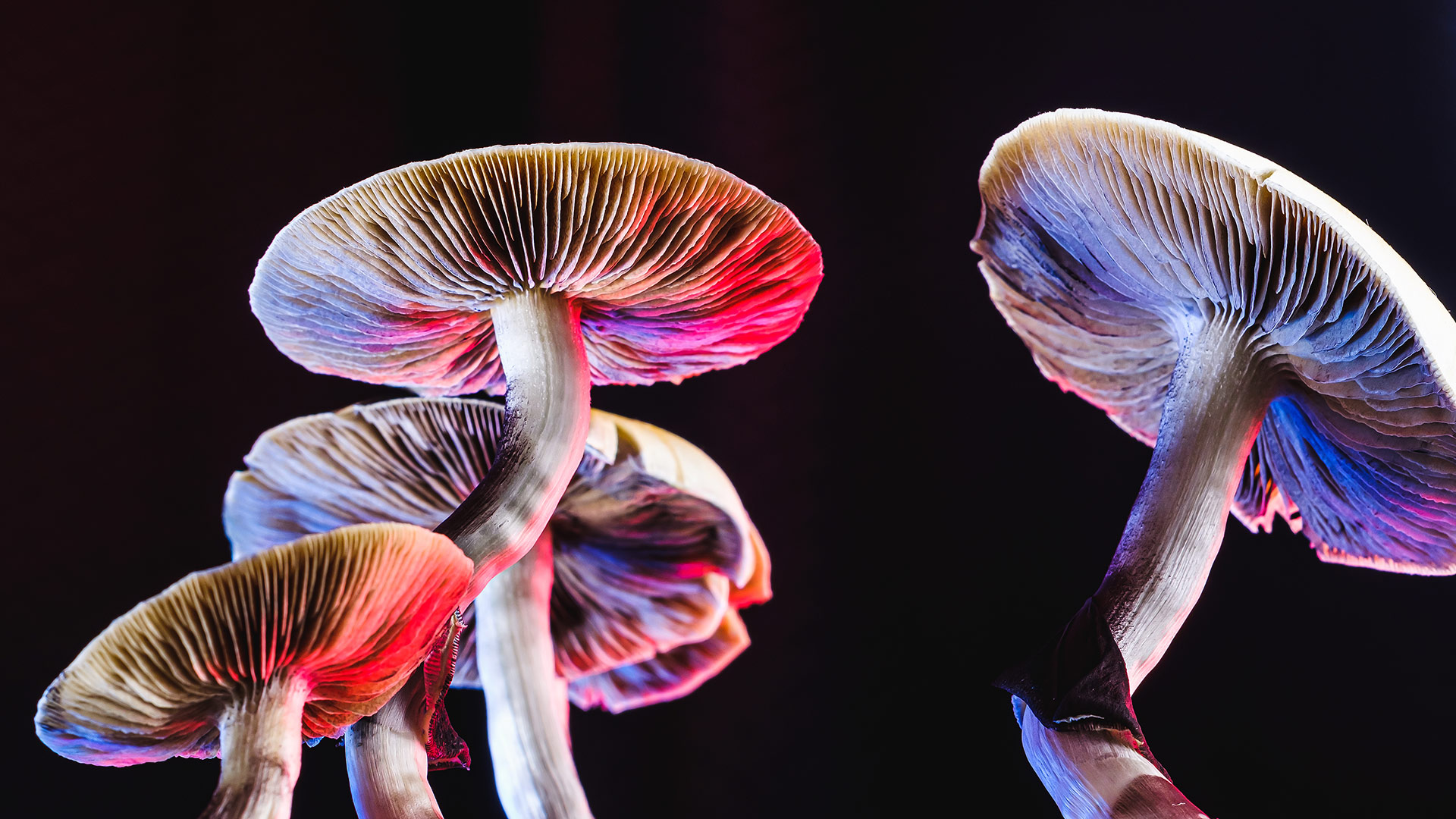
Minneapolis Mayor Jacob Frey issued an executive order on July 21 that effectively decriminalizes the purchase and personal use of several psychedelic drugs, including magic mushrooms.
The order instructs the city’s police officers to cease using taxpayer dollars to crack down on individuals using hallucinogens, except in cases involving driving under the influence or possession near schools. (Note: The sale of psychedelics will continue to be subject to law enforcement.)
Frey justified the new policy by highlighting the potential of psychedelic substances, particularly psilocybin, the active ingredient in magic mushrooms, in treating mental illnesses like depression and post-traumatic stress disorder (PTSD). He cited experts who believe that these plants could offer valuable therapeutic benefits, making it the city’s responsibility to prioritize helping its citizens.
“With a rise in deaths of despair in our city and in our society, the data is showing that these plants can help be a remedy,” Frey stated, explaining that the policy focuses on “entheogenic plants,” or psychoactive plants such as psilocybin mushrooms, ayahuasca tea, mescaline and iboga. Peyote, however, was excluded from the order.
“Entheogenic plants can indeed have a positive impact, especially for people that are dealing with severe depression or anxiety or post-traumatic stress disorder,” Frey told MPR News. “I’m not going to ignore the science — we shouldn’t be just removing what could be an important tool from the toolkit where we’re seeing these deaths of despair around the country.”
Frey clarified that that the move is intended to shift police resources to issues related to the fentanyl crisis or violent crime.
“We’re not decriminalizing, we’re not making legal for recreational use — that would be subject to some form of statute or law,” Frey declared.
The decision comes amid growing evidence supporting the efficacy of psilocybin in helping the brain reroute itself and promote neural connections in underused areas, making it a more effective treatment for depression compared to conventional antidepressants.
Nevertheless, it is essential to exercise caution, as the use of psychedelics can potentially cause dangerous hallucinations.
The Food and Drug Administration (FDA) has yet to reach a final determination on the effectiveness of these substances. Psilocybin, along with MDMA (ecstasy), received the designation of “breakthrough therapies” from the FDA in 2018, indicating that they show promise for therapeutic applications, but more research is needed.
Additionally, the American Psychiatric Association has not officially endorsed the use of psychedelics in treatment, further emphasizing the need for continued research and understanding of their effects.
Minneapolis Police Chief Brian O’Hara expressed support for Frey’s decision, and Democratic state Representative Andy Smith, who drafted the measure, praised the open-mindedness surrounding the proposal.
Furthermore, Republican Representative Nolan West highlighted the significant treatment benefits observed in using psychedelics, particularly in addressing PTSD among veterans and police officers.
“The very first thing that I bring up in any conversation on this is that it has been used primarily for PTSD for veterans and police officers, and we’ve seen great treatment benefits from that,” West stated.
The move received applause from local immigrant rights and criminal justice reform organizations, who see it as a step toward undoing the harms caused by harsh drug laws rooted in racism.
“This is an important first step to undo all the harms inflicted from the war on people who use drugs, which was created to target brown and Black peoples,” DecriMN Coalition founding member Jessica Nielson said.
It is worth noting that the federal government first banned psilocybin in 1968, based on the assertion that it had no accepted medical use and lacked safety evidence. However, the recent shift toward decriminalization and research is indicative of a growing acknowledgment of the potential therapeutic value of these natural medicines.
Minneapolis joins Oregon, which became the first state in the U.S. to legalize psilocybin for adult use this year, and Colorado, where voters chose to decriminalize its possession last year. Psilocybin remains classified as a Schedule 1 narcotic in New York State, with dealers facing felony charges and up to 25 years in jail for selling a gram of the drug.
In June, the FDA released draft guidance for researchers designing clinical trials to explore the potential medical applications of psychedelic drugs. The Biden administration has also allocated funding for numerous projects studying these substances for mental and behavioral health benefits.





